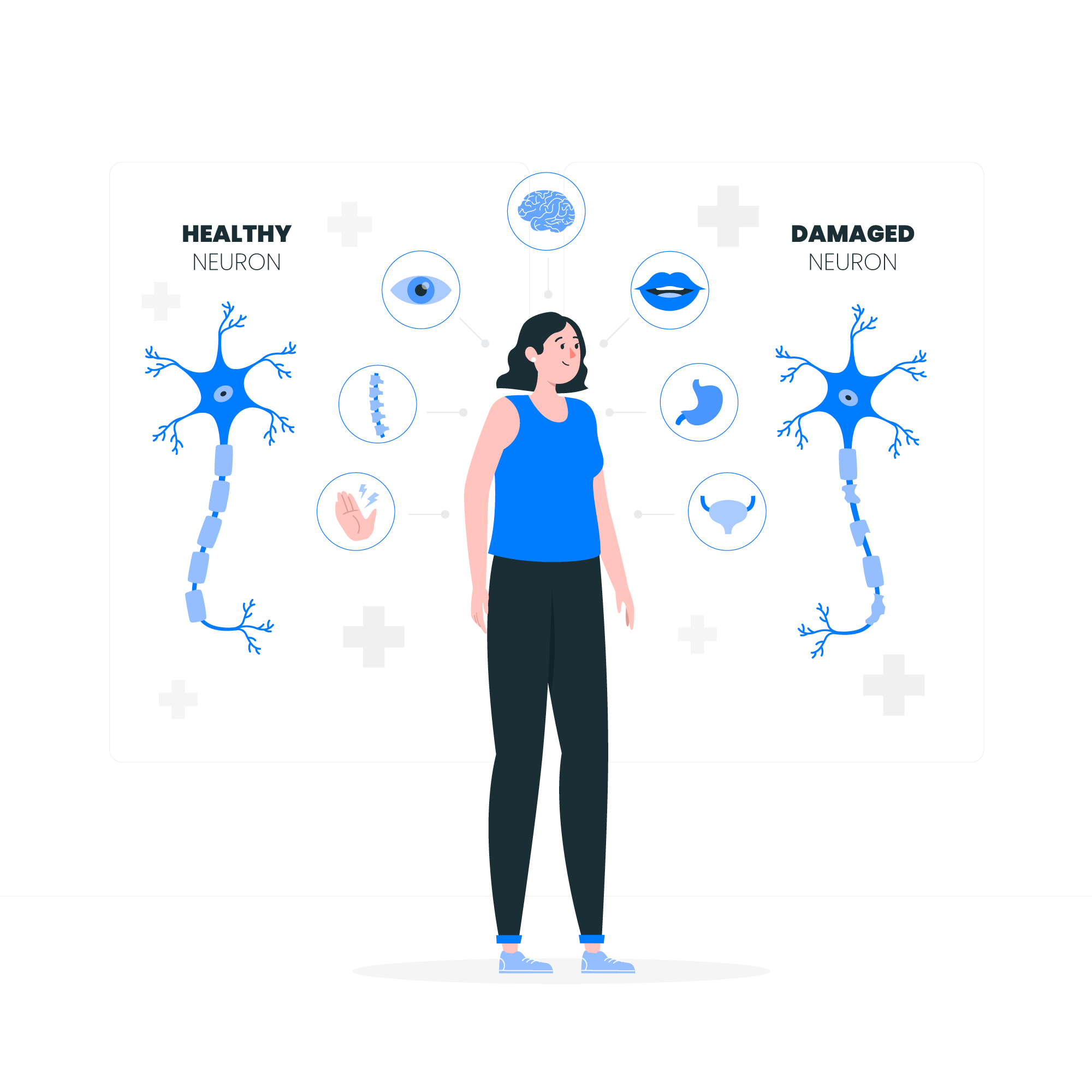
Types of Dyspepsia: Exploring Functional and Non-functional Dyspepsia
Dyspepsia, or indigestion, isn’t just one thing – there are different types. Understanding these types can help you manage your symptoms better. Let’s explore functional and non-functional dyspepsia.
Functional Dyspepsia:
This type of dyspepsia doesn’t have an identifiable cause, even though you might experience symptoms like bloating, discomfort, or feeling full quickly. It’s like your stomach is acting up without any clear reason.
Non-functional Dyspepsia:
It appears you only provided the title “Non-functional Dyspepsia.” Would you like me to write a blog specifically about non-functional dyspepsia, or would you like me to include information about both functional and non-functional dyspepsia as initially suggested in the title?
Non-functional dyspepsia, on the other hand, has a known cause. It could be due to conditions like acid reflux, gastritis (inflammation of the stomach lining), or peptic ulcers (sores in the stomach or small intestine). These issues can lead to symptoms similar to functional dyspepsia but have specific underlying reasons.
Managing Dyspepsia:
Regardless of the type, managing dyspepsia involves similar approaches. You can try dietary changes, like avoiding spicy or fatty foods, eating smaller meals more frequently, and reducing stress. Over-the-counter medications may help relieve symptoms, but if they persist or worsen, it’s essential to consult a healthcare professional.
Understanding the different types of dyspepsia can help you take steps towards managing your symptoms effectively and improving your overall digestive health.
Managing dyspepsia involves a combination of lifestyle changes and medical interventions to alleviate symptoms and improve overall digestive health. Dietary modifications, such as avoiding trigger foods like spicy or fatty meals, eating smaller, more frequent meals, and chewing food thoroughly, can help reduce discomfort. Lifestyle adjustments like maintaining a healthy weight, managing stress, and avoiding smoking can also contribute to symptom relief. Over-the-counter medications like antacids or acid reducers may provide temporary relief, while prescription medications may be necessary for more severe cases. It’s essential to work closely with a healthcare professional to develop a personalized management plan tailored to individual needs and symptoms.
To seek medical advice, always consult a Doctor. Here are our recommended experts. Click Here
To read more on Dyspepsia. Click Here


